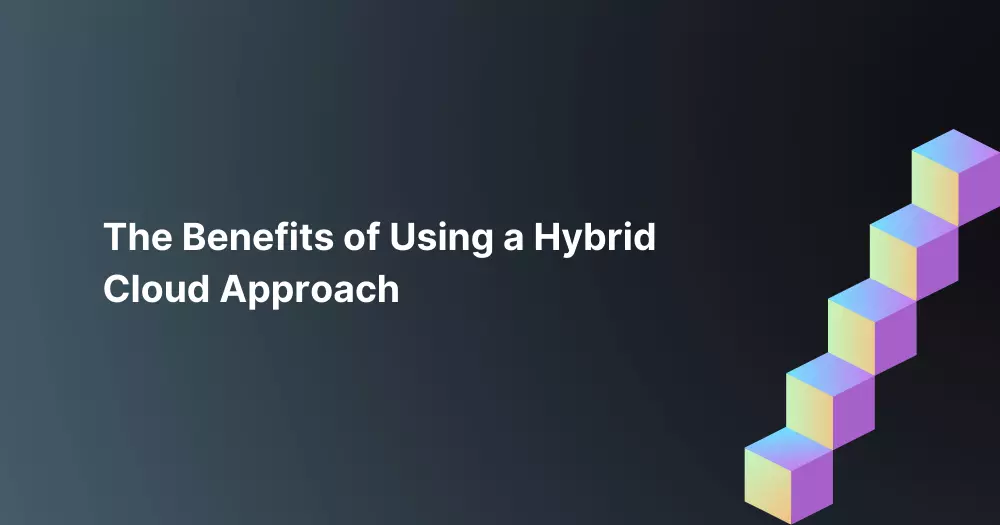Most organizations are using some form of cloud technology in their daily operations. Whether it is a software-as-a-service (SaaS) application or for data storage, the cloud is part of today’s business. On the other hand, many companies are looking at a hybrid cloud model.
The hybrid cloud market is expected to reach $97.6 billion by 2023. Why? Businesses need flexibility, security, and scalability from their architectures. A hybrid cloud approach integrates the use of both public and private cloud solutions to optimize productivity and cost-effectiveness while also balancing security, visibility, and control. Full private cloud solutions are often out of reach for smaller companies. Still, even larger enterprises may find they reach prime operational efficiency through the use of a hybrid cloud solution.
When companies use a hybrid approach, they maintain control over their internally managed private cloud. They can then utilize the public cloud on an as-needed basis. During peak periods like a predictable outage, for example, the company can move individual applications to the public cloud.
Several other important benefits may lead a company to choose a hybrid solution:
- Flexibility and scalability: One of the most significant benefits of hybrid cloud architecture is flexibility. Cloud scales almost infinitely, and you can do that without investing in new onsite resources. Your business can quickly scale up or down as needs change. Meanwhile, onsite resources require more configuration of the grade and speed of servers to match your business needs.
- Cost reduction: A hybrid solution allows you to cut your operating costs and capital expenditures by splitting the data between your own data center and a public cloud. If there is a spike in usage, you can easily rely on the public cloud to handle the change and avoid significant capital expenses. With public cloud, you only pay for the resources used.
- Security: This feature is particularly advantageous for companies in the healthcare and finance industries. A hybrid approach allows you to decide what data is stored onsite versus the public cloud. Companies tend to store sensitive data on-premises where it is accessible and protected. The hybrid model of separation between private and public cloud solutions gives organizations the ability to store sensitive information on a private cloud network while accessing software in the public cloud that pulls data from the private cloud data center. This solution limits exposure because confidential data is not located on the public cloud for an extended time.
- Speed:Access time and latency are significantly reduced when a private data center is paired with public cloud software.
- Failover coverage: In the event of a power disruption, the public cloud can be leveraged for failover if your private cloud is unavailable.
- Customization: Hybrid cloud allows you to make specific decisions about where data is stored, and the types of equipment used to manage it. You have the freedom to choose the hardware for your data center, unlike in a public cloud scenario where the provider determines the hardware and features.
If you’re contemplating a cloud solution or a hybrid cloud environment, talk with our consultants at BlackPoint IT Services. We can help you determine which combination of solutions will best support your future goals.
Want to learn about the importance of the cloud for connectivity and if it’s the right solution for your business? Check out our free on-demand webinar.
